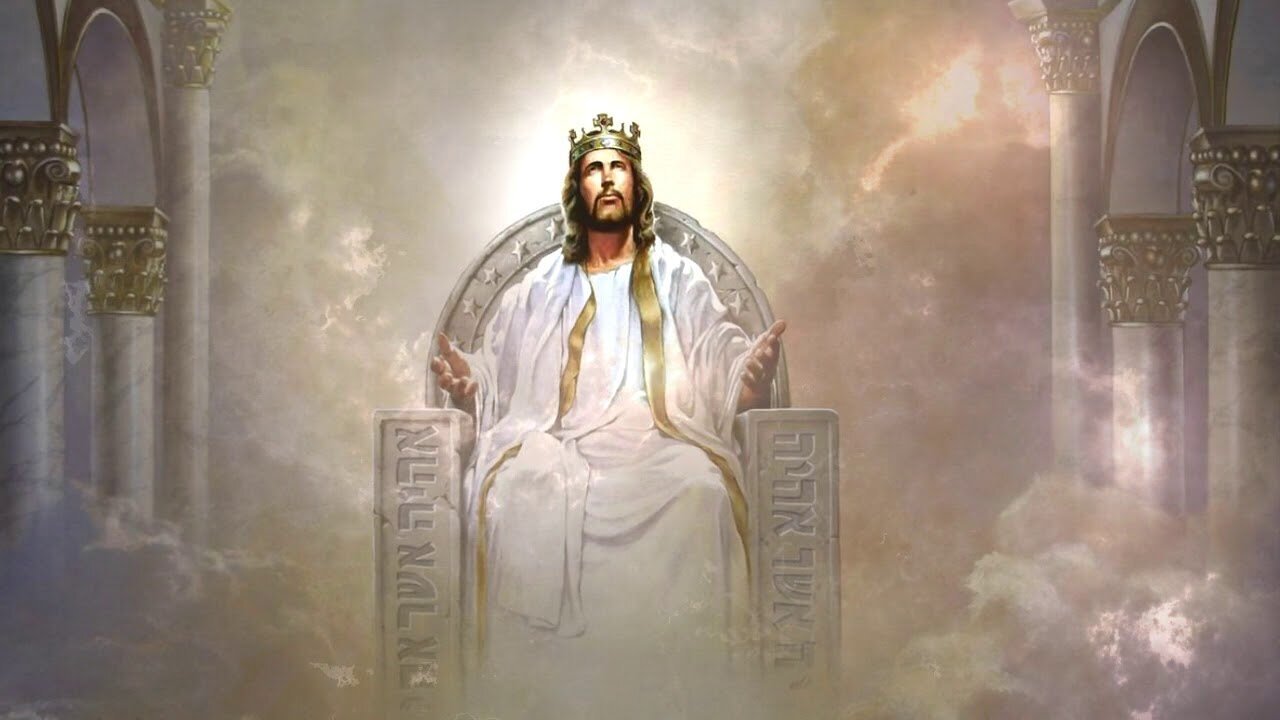The God Who Understands Your Limitations
Jesus understands our limitations more deeply than we realize—not in theory, but by experience. Though He was the Creator of the world, He chose a life bound by space, time, fatigue, and growth. In His self-emptying, Jesus did not exploit His divine power but relied fully on the Spirit. In doing so, He shows us both a Savior who sympathizes with our weakness and a way of life empowered beyond it.
Easter Isn’t Just For Faithful Christians
Every spring, approximately 2.4 billion people in the world celebrate Easter. But who exactly is welcome to this celebration? Who is Easter for? This post offers a short, non-exhaustive list of those welcome to celebrate Easter according to the historical accounts of Jesus’ resurrection.
2 Counterfeit Forms of “Forgiveness” To Avoid
Much like the classic game “Two Truths and a Lie” there are also three versions of forgiveness. Two of them are cultural counterfeits and one is a true and beautiful version of forgiveness. This post unpacks these three versions and invites us to the path of greater freedom.
Don’t Miss the Ultimate Benefit of Christianity’s “Salvation”
Forgiveness from the penalty of sins. Freedom from the power of sin. Freedom from the presence of sin in eternity. These are incredible benefits to what Christianity has called “salvation.” And yet these are not the greatest benefit of getting saved. There is still one privilege that surpasses them all.
“Wait, So Why Did Jesus Have To Die?”
This was the question an individual recently asked me. What if I told you that Jesus as our substitute is utterly foundational to what makes Christianity good news? Rip out the idea of Jesus as our substitute who makes atonement for our sins? It’s akin to ripping out the very foundation of a house which will no longer be able to stand.
Are You Trustworthy?
It’s been said that “Trust is hard-earned, easily lost, and difficult to reestablish.” What does it mean to be trustworthy? How do I regain trust once I’ve lost it? This post answers these questions by looking at the life of the Old Testament prophet, Daniel.
What My Seminary Professors Got Right (And What I Wish They Did Differently) - Part 1
I finished my theological training in seminary 10+ years ago. In this reflection, I share 5 things my seminary professors were spot on about. Their wisdom and discernment proved to be timeless. This is Part 1 of 2.
“Jesus Is On the Throne” To Say or Not To Say?
If you go on Twitter and type in the phrase “Jesus is on the throne” you will see a surprising divide in how that phrase should be used in this present moment. Should Christians be using this phrase during these tense times? Or should Christians hold off? In this post, I unpack the rationale some give as to why we shouldn’t use this phrase right now, followed by a few counterpoints before some closing thoughts.
Jesus Was A Refreshing Presence In A Politically Charged Culture
We’re living in a politically charged cultural moment. While this presents obstacles, this is also an opportunity for the church to be the refreshing presence Jesus was for the politically charged culture of his day.
“Tiger King” - A Case Study of Dominion and Depravity
Humanity is a frustrated species who feel the opposing pull of Genesis 1 (creation) and Genesis 3 (fall). We feel the gravitational pull of both royalty and rebellion. We want to build and to break, decorate and destroy. This post makes a a theological observation on the Netflix show “Tiger King'“










